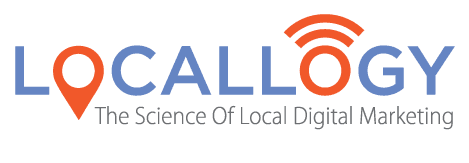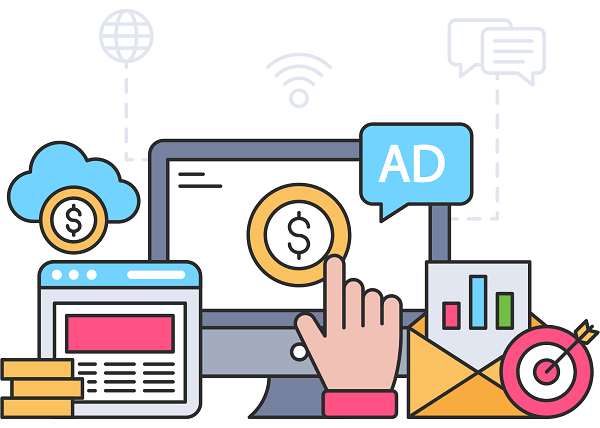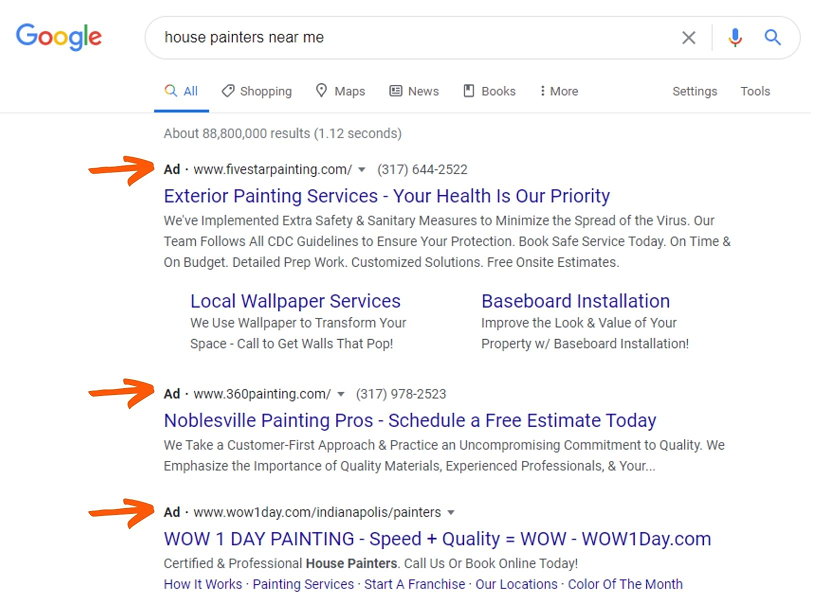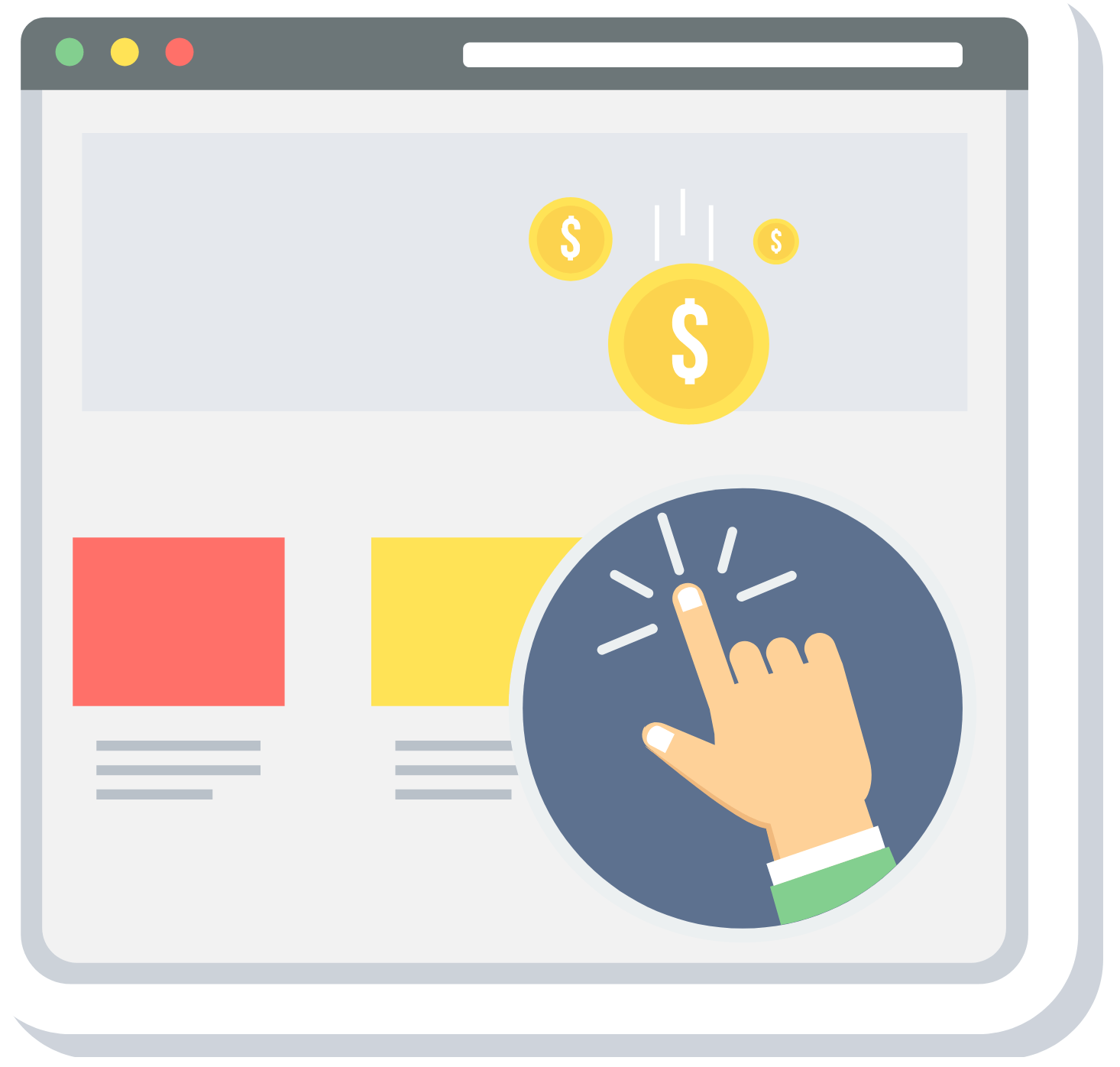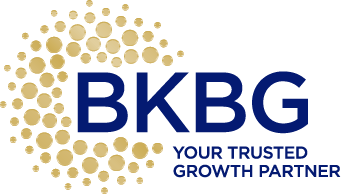PPC - What Is It and How Does It Work?
Among the many marketing terms you’ve come across as a local business owner, PPC is surely one of them. PPC—the acronym for Pay Per Click—is a form of paid marketing used by both small and large businesses alike. The goal of PPC is to entice consumers to click your ad, then visit your website where they are (hopefully) converted into a customer.
The core concepts of PPC are straightforward, though managing your PPC successfully isn't necessarily easy. PPC can become complex, and running a successful PPC campaign requires a certain amount of skill.
Before you dive headfirst into setting up your own PPC campaign, let’s get into some of the basics.
What is PPC?
PPC refers to a marketing model in which the advertiser (you) pays a fee each time one of your ads is clicked. This is in contrast to organic marketing, like SEO, where you don’t pay for ads.
Search engines are a popular place for PPC ads. You may not realize it, but there’s a good chance you see PPC ads almost every time you do a search. On Google, they’re designated with a little “Ad” tag.
PPC ads aren’t just limited to search engines, though. They’re everywhere, including many websites you visit, your social media feeds, and emails you receive.
How Does PPC Work?
Fair warning: We could launch into a very technical explanation of the inner workings of PPC. There are a lot of moving parts, and as mentioned above, it gets complex. But if you’re just starting out, that might be a bit too much.
So let’s look at PPC from a high level with a practical example using Google Ads.
As a local business owner, you’ve decided to run a PPC ad. First, you’ll decide which keywords you want to be associated with your ad. If you’re a kitchen and bath remodeler, you might choose “kitchen remodeling” and “new kitchen design” to start.
Next, you’ll bid on your keywords. Bidding means you set a limit to the amount you’re willing to pay each time someone clicks on your ad.
When someone does a search using one of your keywords, Google uses a combination of factors to decide which ads to present in the search results. These factors include the relevance and quality of your keywords along with your bid on the keywords in question. Remember, even though this is paid advertising, you’re still competing against other advertisers using the same keywords. Your ad won’t show up every single time someone searches with your keyword.
Okay, so someone searched using your keyword and now Google has decided your ad should be included in the search results. Great!
Ideally, the next step is your ad gets clicked. When that happens, the user visits your website and hopefully becomes a new customer.
When that click happens, you are charged your bid amount on the keyword used in the search. And this is why it’s called pay per click. You’re charged each time someone clicks on your ad.
But what happens if no one clicks your ad? Nothing. You’re not charged anything. You’re only charged when someone actually clicks the ad.
Considering PPC for Your Business?
PPC can be used as a short-term plan to increase your brand’s eligibility or as a long-term marketing strategy. PPC can also blend nicely with your SEO efforts.
While PPC is largely successful for most businesses, it’s not a one-size-fits-all solution. Ultimately, the way your business uses PPC will depend on your goals, your skill level, and your budget.
If you’re thinking about using PPC for your business or you’d just like to learn more about the process, get in touch with us here at Locallogy.
Get the Latest Content in Your Inbox
Want to be the first to know about new content? Sign up to get our weekly blog posts sent to your email!
